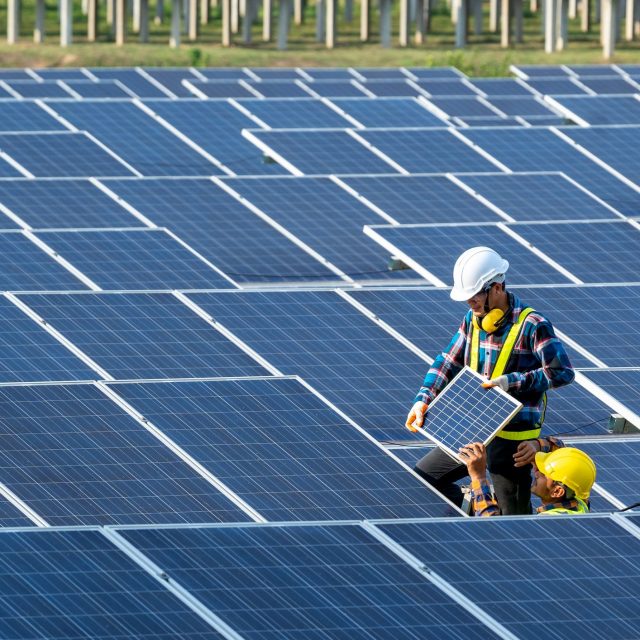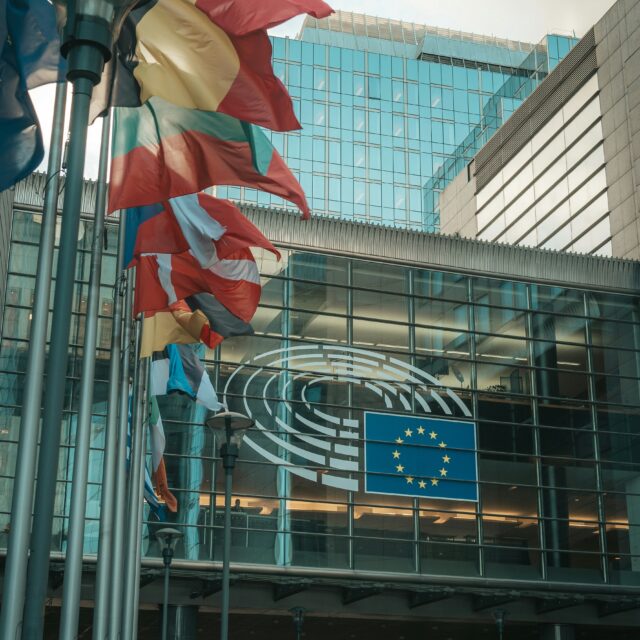Following a request for assistance from Greece on 13 August 2019, rescEU assets have been mobilised to tackle forest fires ravaging several areas of Greece.
As an immediate response, the European Union has already helped to mobilise 3 forest fighting planes from rescEU reserve from Italy and Spainto be dispatched swiftly to the affected regions.
rescEU is the EU’s strengthened EU Civil Protection Mechanism, whose reserve includes firefighting planes and helicopters. Through rescEU, the EU reinforces its collective ability to respond to disasters that affect European countries. This is the first ever deployment of the rescEU assets.
Commissioner for Humanitarian Aid and Crisis Management Christos Stylianides said: “The EU stands in full solidarity with Greece at this difficult time. The planes are already in action, fighting the fires. This immediate response proves the added value of rescEU which makes our response more robust, quick and efficient. Moreover, this is a real example of the common European values on which rescEU is based: solidarity and protection of lives of our European citizens. I am thankful to Italy and Spain for their offers of assistance. We stand ready to provide further assistance.”

Commissioner Stylianides is in constant communication with the Greek authorities. In Athens last week he met with Prime Minister Kyriakos Mitsotakis and visited the Crisis Centre of the Greek Civil Protection to be briefed along with the Minister for the Protection of Citizens Michalis Chrysochoidis and oversee the operation of the rescEU assets.
The EU mapping system Copernicus is helping to provide damage assessment maps of the affected areas.
The EU strengthens cooperation between Member States/Participating States in the field of civil protection, with a view to improving prevention, preparedness and response to disasters. Through the Mechanism, the European Commission plays a key role in coordinating the response to disasters in Europe and beyond.
When the scale of an emergency overwhelms the response capabilities of a country, it can request assistance via the Mechanism. Once activated, the Mechanism coordinates assistance made available by its Member States/Participating States through spontaneous offers. In addition, the EU has created a scheme to have a critical number of readily available civil protection capacities allowing for a stronger and coherent collective response. Should the emergency require additional, life-saving assistance, the new rescuEU can be used as a matter of last resort.
To date, all EU Member States participate in the Mechanism, as well as Iceland, Norway, Serbia, North Macedonia, Montenegro, and Turkey. Since its inception in 2001, the EU Civil Protection Mechanism has responded to more than 300 requests for assistance inside and outside the EU.
A commission spokesman told this website: “Disasters have become the new reality across the European Union. From flash floods and storms, to forest fires and earthquakes, all countries are at risk. Moreover, new risks have emerged and we need to stand ready to respond also to risks of low probability with high impact.
In 2018, countries from the EU requested assistance nearly 10 times mainly for forest fires, medical support and marine pollution. 2018 has been a tragic year with almost 100 people losing their lives and wildfires burning in some European regions – that had never been affected before. The economic costs are huge: close to €10 billion in damages in Europe were recorded in 2016. Much of these costs could have been avoided if damage was prevented and societies better prepared.”




